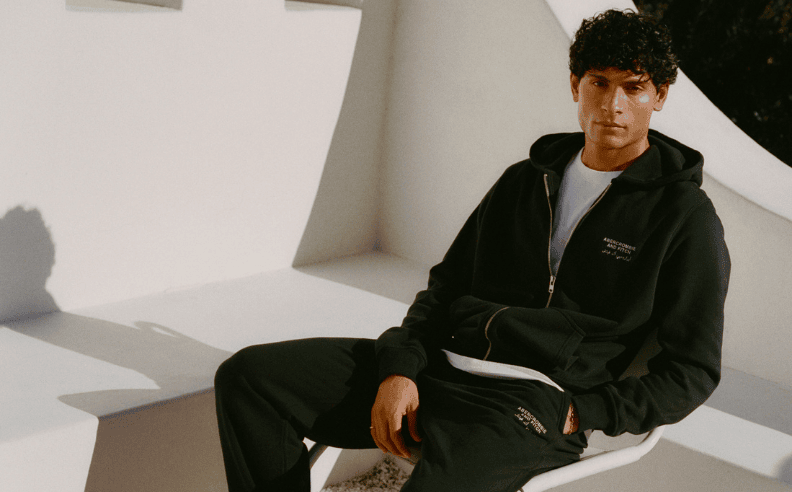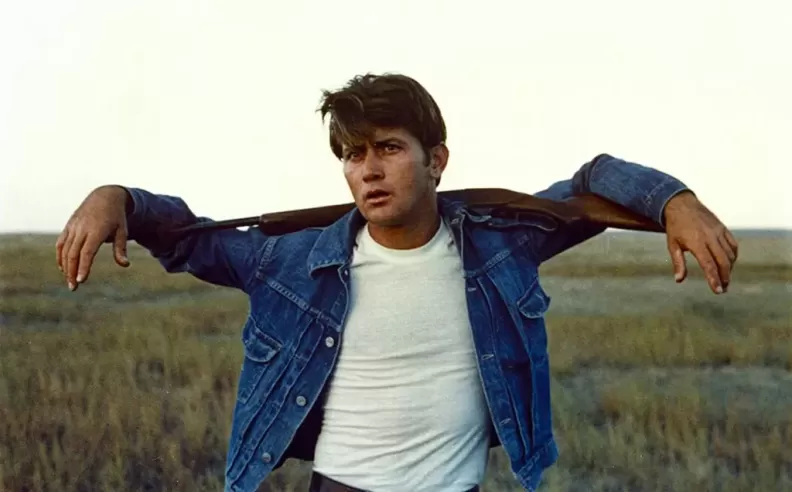
Denim jackets have remained an essential piece of men’s fashion for decades, with Levi’s at the forefront of this enduring trend. Among the most recognizable features of Levi’s denim jackets are the two parallel seams running down the front and back. These lines are not merely decorative; they have a rich history tied to Levi’s transition from workwear to a global fashion powerhouse. Understanding the evolution of these jackets sheds light on their significance in both functionality and style.
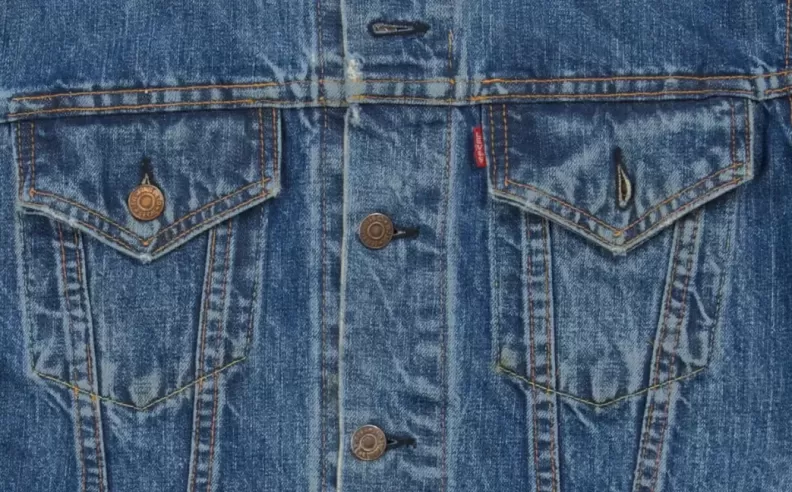
Levi’s has been producing denim jackets since the late 1800s, but the iconic double seams did not appear until 1962 with the introduction of the Type 3 Trucker Jacket. Initially, denim jackets were designed purely for durability and functionality, catering to laborers and cowboys who needed rugged, long-lasting outerwear. The seams were added to reinforce the structure of the jacket while also giving it a distinctive, streamlined look. Over time, these lines became a signature design element, making Levi’s jackets instantly recognizable.
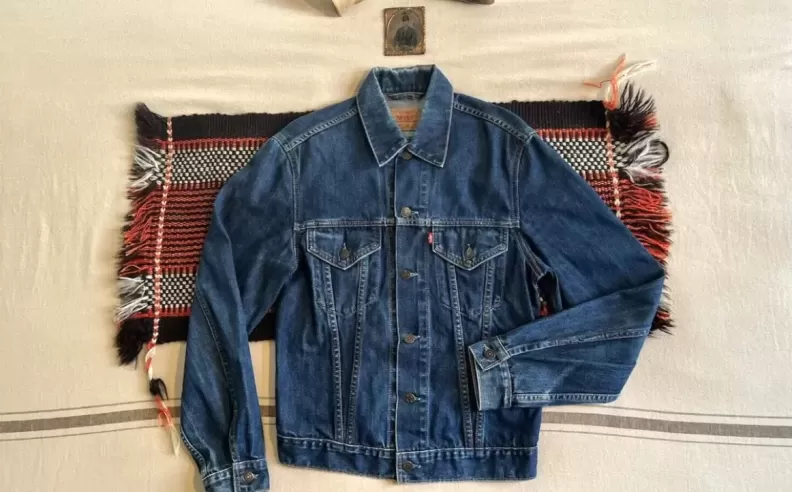
While Levi’s is often credited with revolutionizing denim jackets, the design of the two lines was heavily influenced by Lee Denim. In the 1940s, Lee introduced a slimmer, more tailored denim jacket known as the 101J, which featured similar structured seams. Levi’s adapted this concept, refining it further in the Type 3 Trucker Jacket to enhance both style and functionality. This move marked a shift in the brand’s focus—from pure workwear to a more fashion-oriented approach.
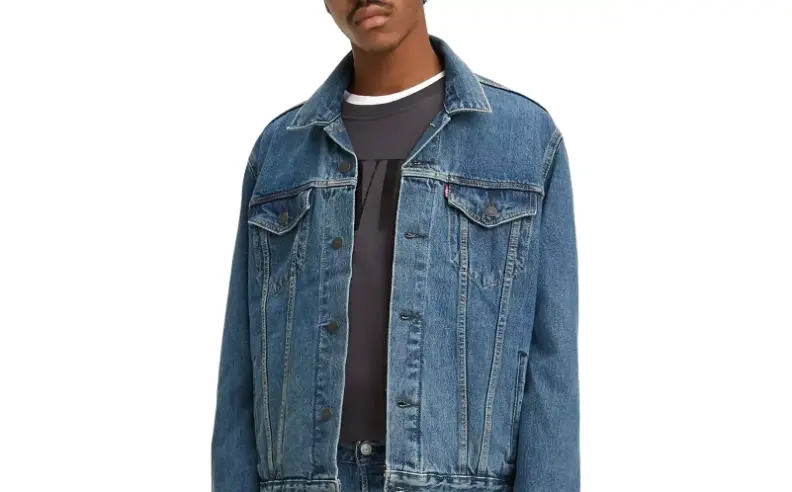
For much of the early 20th century, Levi’s jackets were associated with blue-collar workers, ranchers, and miners. However, by the 1950s and 1960s, denim had gained popularity among youth subcultures, thanks to Hollywood’s depiction of rebellious icons like James Dean and Marlon Brando wearing denim jackets. As Western films dominated pop culture, Levi’s jackets became a symbol of rugged masculinity. When the Type 3 Trucker Jacket was introduced, it featured a more fitted silhouette, catering to the growing demand for stylish casual wear.
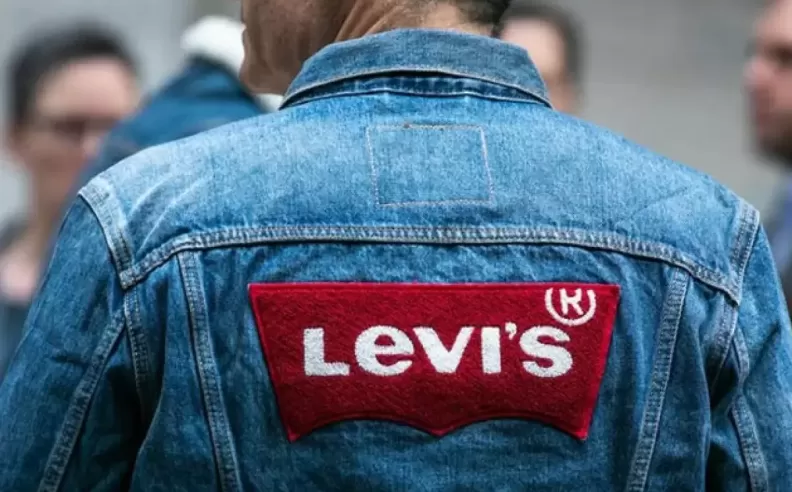
By the 1980s and 1990s, denim jackets had cemented their status in mainstream fashion. The rise of hip-hop, grunge, and skateboarding culture saw Levi’s jackets adopted by diverse subcultures. The brand’s ability to balance heritage with contemporary trends kept it relevant. Today, the Type 3 Trucker Jacket remains a wardrobe staple, worn by celebrities, musicians, and fashion enthusiasts worldwide.
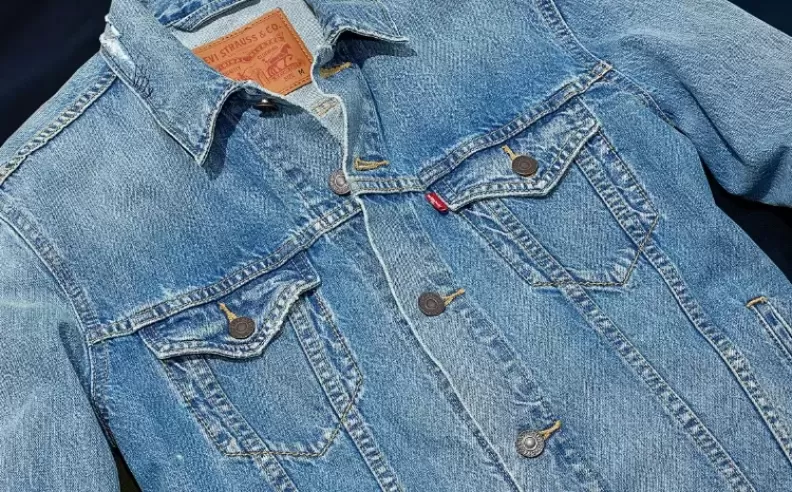
Levi’s denim jackets have survived multiple fashion cycles without losing their appeal. The combination of high-quality craftsmanship, timeless design, and cultural significance makes them a go-to piece for men across generations. Whether paired with casual streetwear or layered over a formal ensemble, the Levi’s denim jacket remains an iconic piece that embodies both heritage and modern style.
From the worksite to the runway, Levi’s denim jackets have evolved into a symbol of effortless cool. The two seams on the jacket may have started as a structural feature, but today, they represent a legacy of craftsmanship, rebellion, and timeless style.

Started my career in Automotive Journalism in 2015. Even though I'm a pharmacist, hanging around cars all the time has created a passion for the automotive industry since day 1.
